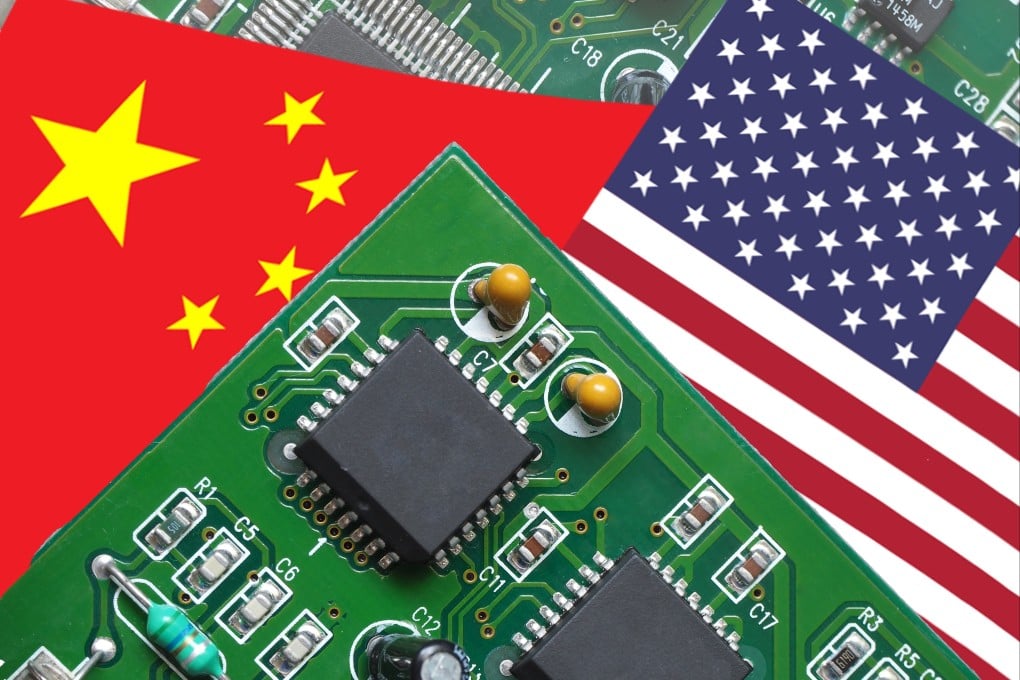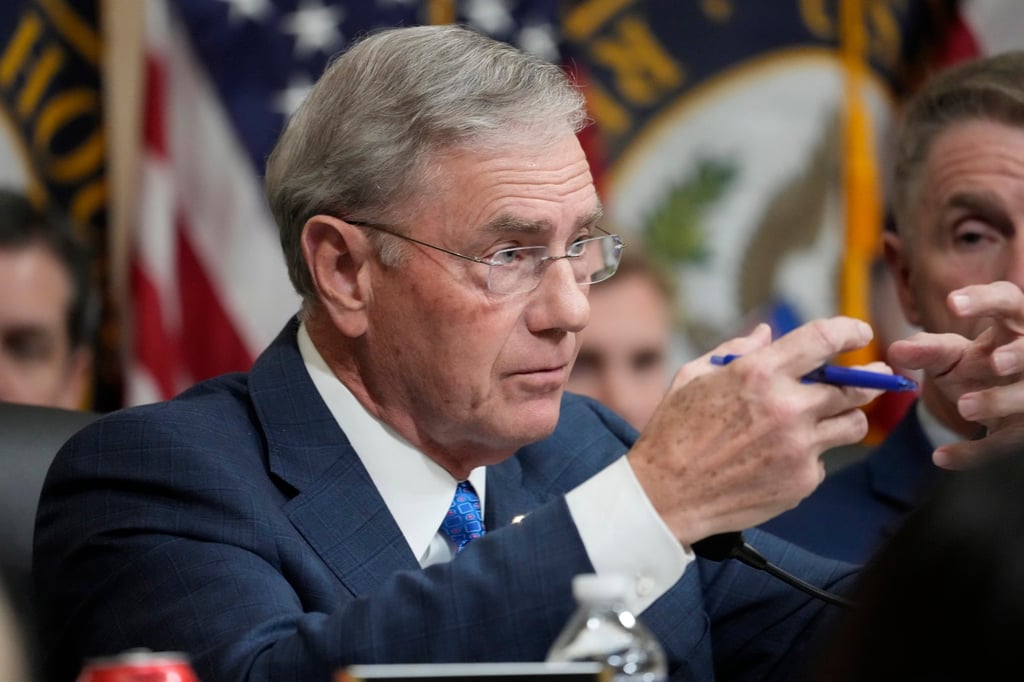US Congress considers new legislation to further restrict investment in Chinese tech sectors
- Hearing is held to build on President Joe Biden’s executive order banning US investments in four Chinese tech sectors
- Witnesses urge lawmakers to use existing authorities, including current export control lists, rather than create new mechanisms

Amid the growing tech war between the world’s two largest economies, the US Congress considered new ways on Tuesday to restrict US investment in China that involves sensitive technology.
The hearing by the House Financial Services subcommittee on national security, illicit finance and international financial institutions followed US President Joe Biden’s executive order in August prohibiting US private equity and venture capital investments from flowing into four Chinese tech sectors: artificial intelligence, quantum computing, semiconductors and microelectronics.
Biden’s order “took a step in the right direction but could be improved through legislative action, which is more permanent”, Representative Blaine Luetkemeyer, a Missouri Republican who chairs the subcommittee, said.
Representative Joyce Beatty, an Ohio Democrat, noted that “while there may be varying approaches, there is a strong bipartisan, bicameral support for outbound investment screening”.

The hearing – “Better Investment Barriers: Strengthening CCP Sanctions and Exploring Alternatives to Bureaucratic Regimes” – explored additional ideas for legislation to block US money from bolstering China’s technological and military sectors.